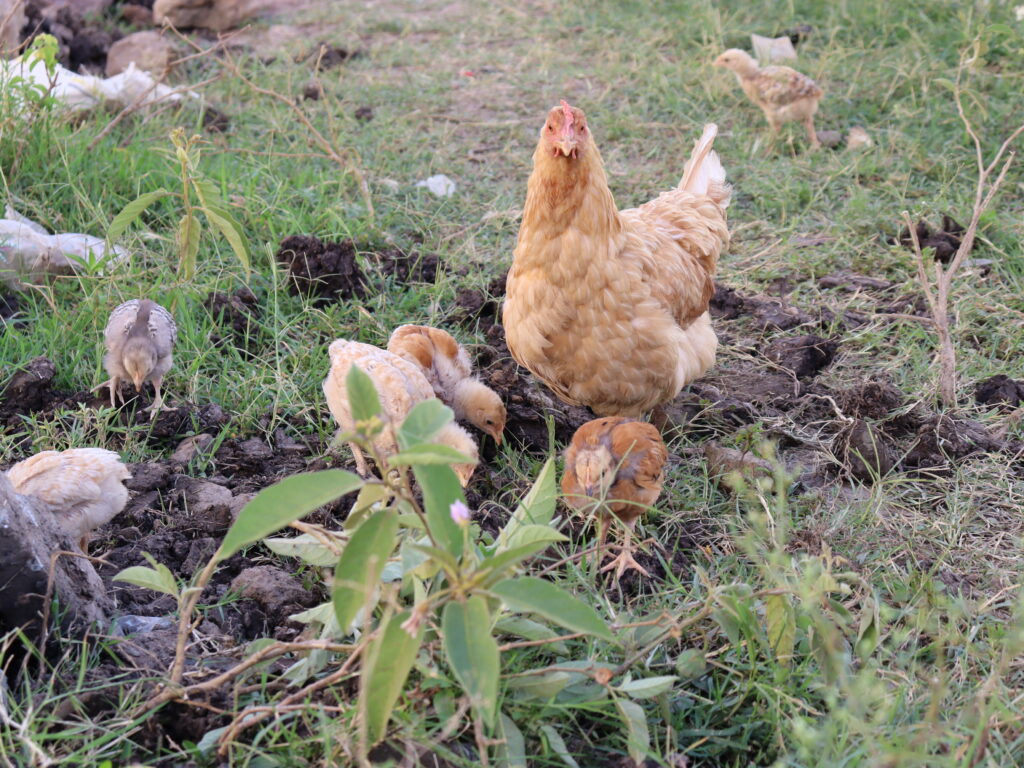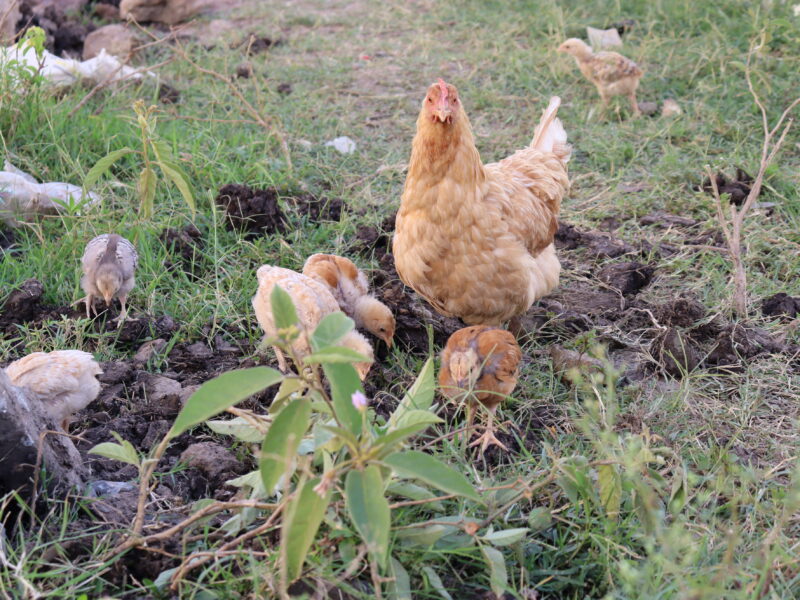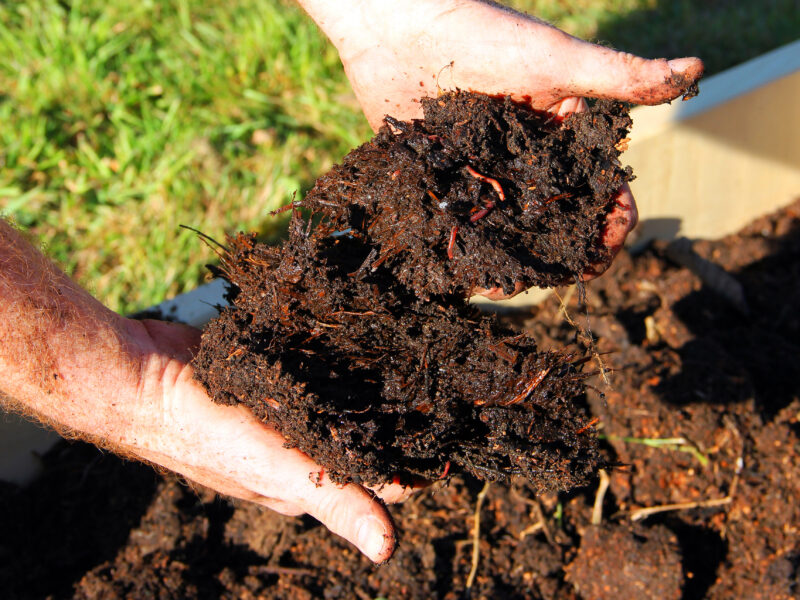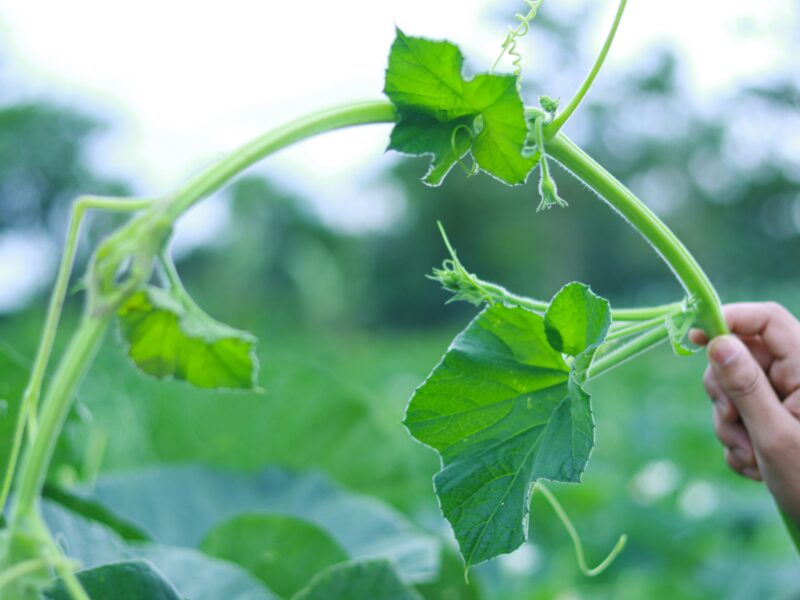Pete & Gerry’s announces new organic, pasture-raised eggs
Pete & Gerry’s Organics has announced its new organic pasture-raised egg offering.The eggs are sourced from pasture-raised layers housed on U.S. Department of Agriculture (UADA) certified organic farms that consume organic feed. “As more consumers look for food that reflects their personal values, whether it’s animal welfare, health and nutrition, or support for local family farmers, we’re proud to offer our Organic Pasture Raised Eggs to shoppers nationwide,” stated Pete & Gerry’s CEO Tom Flocco. “With the broadest offering in premium eggs, we are also able to help our retail partners deliver value and quality to their shoppers everyday.”
Is Organic Food Better for Your Family? Here’s What Experts Say
“In America, the key is to look for that seal,” says Gary Hirshberg, the co-founder and former CEO of Stonyfield Farm, an organic yogurt company started in 1983. In order to get approval for that seal, companies must submit to a third-party verification every year. That includes filling out a detailed report showing they are in compliance with the ingredients on the approved list. “Those third-party verifiers, or inspectors, look at your ingredients, they look at your factory, they look at your farms,” explains Hirshberg.
A farmer’s fight: Cancer, chemicals and a return to organic living
William Caplinger, a superintendent for a commercial construction company, runs an organic farm in Sulfur Springs, Arkansas, about one hour from Joplin, Missouri. He and his wife, Heather, raise all their food for consumption, completely chemical and pesticide-free. Caplinger has Stage 4 prostate cancer. His shift to all-natural started shortly after his diagnosis four years ago, at the age of 52. The cancer has now metastasized to his chest. Caplinger’s doctors gave him eight to 10 years to live, but that hasn’t stopped him from seeking alternative treatments and fighting by implementing changes in every area of his life.
Cornell Organic Cropping Systems Trial Celebrates 20 Years
Cornell’s 20-year-old organic copping systems trial comparing four approaches to profitability and management has, from the beginning, been informed by farmers. It’s a symbiotic relationship with farmers serving as advisers — and often providing land — and Cornell returning the favor with hard data. The trial compares four different cropping systems — high fertility, low fertility, enhanced weed management and reduced tillage — over time. All of the systems are designed to be successful.
“Our idea here is that there are different pathways to prosperity,” said Matthew Ryan, who took over management of the trial in 2017 and led an Aug. 15 field day at Cornell’s Musgrave Research Farm, which has some of the trial plots.







